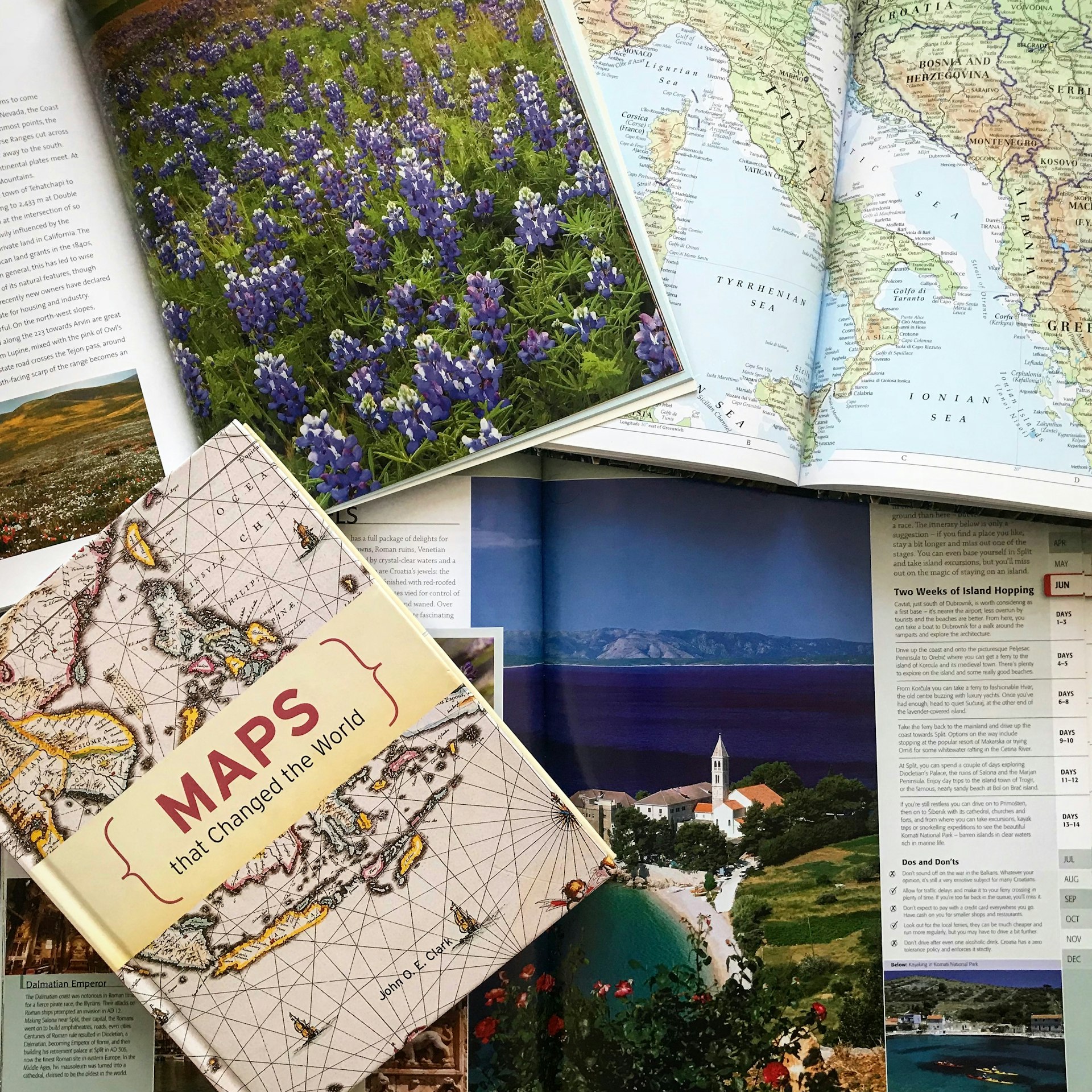Cultural Sensitivity: The Key to Meaningful and Responsible Travel

Photo by Lala Azizli on Unsplash
Introduction: Why Cultural Sensitivity Matters in Travel
Travel offers a unique opportunity to discover new places, meet diverse people, and broaden your perspective. However, the true value of travel is realized when you approach new cultures with genuine respect and understanding. Cultural sensitivity is the foundation for meaningful journeys. It enables travelers to connect authentically, avoid misunderstandings, and contribute positively to the communities they visit [1] .
What Is Cultural Sensitivity?
Cultural sensitivity is the practice of being aware of and respecting the beliefs, customs, and values of people from backgrounds different from your own [2] . At its core, it means recognizing that your way of life is not the universal standard and that behaviors considered normal in one country may be inappropriate or even offensive elsewhere. This awareness helps prevent misunderstandings and fosters an environment of mutual respect [3] .
The Benefits of Practicing Cultural Sensitivity
Embracing cultural sensitivity while traveling offers multiple benefits for both visitors and host communities:
- Breaks down cultural barriers: When you show respect for local customs, it opens doors to genuine interactions and friendships.
- Promotes safety and comfort: Understanding customs helps you avoid actions that might be considered disrespectful or even dangerous, particularly at sacred sites or during sensitive social situations [2] .
- Supports sustainable tourism: Culturally sensitive travelers are more likely to be welcomed by locals, creating a positive experience for everyone and promoting the long-term health of destinations [4] .
- Creates meaningful memories: By immersing yourself respectfully, you gain deeper insights and more memorable experiences.
Challenges in Practicing Cultural Sensitivity
Despite best intentions, travelers may face obstacles in being culturally sensitive. Language barriers, unfamiliar customs, and lack of prior research can lead to accidental offenses. For example, simple gestures like handshakes, dress codes, or public behaviors can carry different meanings in other cultures [1] . To overcome these challenges, it’s vital to prepare by learning about your destination before arrival.

Photo by Gonzalo Gutierrez on Unsplash
Step-by-Step Guidance for Practicing Cultural Sensitivity
To ensure your travels are respectful and fulfilling, consider the following steps:
- Research Local Customs Before Departure: Use reputable resources such as guidebooks, official tourism websites, and cultural institutes to learn about the destination’s etiquette, taboos, and social expectations. Searching for terms like “[country] travel etiquette” or “[destination] cultural norms” often yields valuable information. For official advice, you can visit national tourism board websites.
- Observe and Adapt: Upon arrival, watch how locals interact and follow their lead in public settings. If uncertain about something, discreetly ask a local or staff member for advice.
- Learn Basic Language Skills: Mastering a few polite phrases in the local language shows respect and effort. Even a simple greeting or “thank you” can make a significant difference [4] .
- Dress Appropriately: Clothing standards vary widely. In places of worship or conservative communities, modest attire is not just polite but sometimes required. Research dress codes in advance and pack accordingly.
- Respect Sacred Sites and Traditions: Always ask or look for signs before taking photos, touching artifacts, or entering restricted areas. If unsure, err on the side of caution and seek permission.
- Engage with an Open Mind: Avoid making quick judgments about unfamiliar customs. Instead, approach new experiences with curiosity and humility.
Real-World Examples and Case Studies
A traveler visiting Thailand, known as the “Land of Smiles,” may find the atmosphere warm and welcoming. However, Thai culture places great importance on honor, tradition, and respectful behavior. Disregarding these norms-such as dressing inappropriately at temples-can lead to discomfort or offense. By learning and honoring these traditions, visitors often find themselves embraced by the community, creating lasting positive memories [1] .
In New Zealand, many tourism operators actively promote cultural sensitivity, especially regarding MÄori customs. Engaging respectfully with local guides and participating in cultural experiences can foster a sense of shared identity and understanding. Case studies in tourism research highlight how these encounters can create new, hybrid forms of culture and meaning, benefiting both guests and hosts [3] .
Alternative Approaches and Additional Resources
While the steps above offer a universal approach, there are alternative methods to deepen your cultural sensitivity:
- Join Cultural Exchange Programs: Programs facilitated by universities, cultural organizations, or official tourism boards often include immersive experiences and workshops on etiquette and traditions.
- Take Online Courses: Many reputable platforms offer courses on intercultural communication and global etiquette. Search for “intercultural communication online course” for options from established universities and learning platforms.
- Engage with Local Experts: Hiring local guides or participating in community-led tours can provide first-hand insight and help bridge cultural gaps. Look for operators endorsed by official tourism boards or recognized cultural associations.
If you want more structured learning, consider searching for “cultural sensitivity workshops” or “responsible travel training” through local travel organizations or educational institutions.
Key Takeaways and Sustainable Impact
Practicing cultural sensitivity in travel is not just about avoiding offense-it’s about fostering understanding, building trust, and supporting sustainable tourism. By making the effort to learn, adapt, and respect, you not only enrich your own journey but also contribute positively to the destinations you visit. Responsible travelers set a positive example, paving the way for more respectful and sustainable tourism worldwide [4] .
How to Access Further Information and Support
If you want to learn more or seek specific guidance for your next trip:
- Visit the official tourism board website for your destination country. National tourism boards typically provide up-to-date cultural etiquette guides and travel advisories.
- Contact local embassies or consulates for advice on cultural expectations.
- Consult established travel organizations and reputable guidebooks for destination-specific tips.
- Search for cultural orientation programs or responsible travel workshops using official agency names and keywords as suggested above.
Remember: If you cannot find a verified online resource, reaching out directly to official agencies or recognized travel associations is a reliable way to get accurate, current information.
References
- [1] Conscious Explorer (2023). Why cultural awareness is key when travelling.
- [2] GoAbroad (2023). How to Practice Cultural Sensitivity on Your Trips.
- [3] Annals of Tourism Research (2021). Cultural sensitivity: Engaging difference in tourism.
- [4] GoOverseas (2023). What It Means to Be a Culturally Sensitive Traveler.
MORE FROM dealseekersguide.com













